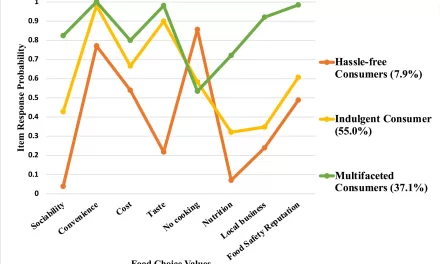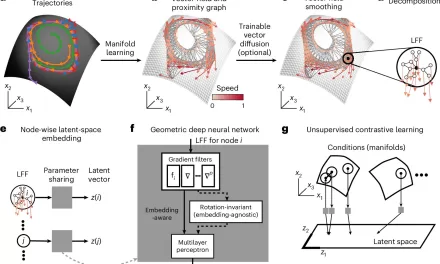Jerusalem, Israel—New research published in the Journal of Hepatology Reports suggests that consuming high-fat dairy products, such as whole milk, cream, frozen yogurt, butter, and ghee, could increase the risk of developing fatty liver disease. The study, conducted by researchers at the Hebrew University of Jerusalem, found that lower-fat dairy options, including skimmed milk, cottage cheese, and low-fat cheese, may offer some protection against the condition, known as Metabolic dysfunction-associated steatotic liver disease (MASLD).
MASLD, a liver disease linked to poor metabolic health, has been associated with nutritional factors, yet the specific impact of high-fat versus low-fat dairy on its development has been unclear. Seeking to clarify this connection, researchers combined findings from both experimental animal studies and an observational study in humans.
In the animal portion of the study, six-week-old male mice were given a high-fat diet (HFD) rich in lard, soybean oil, and milk fat over 12 weeks. All high-fat diets led to weight gain and increased fat accumulation in the liver, but milk fat was found to have unique effects—it raised serum cholesterol levels and advanced glycation end-products (AGEs), indicators often linked to inflammation and chronic diseases, more than lard or soybean oil.
The observational human study included 316 patients and revealed that those who consumed a high amount of low- to medium-fat, low-sugar dairy products had a lower risk of MASLD. Conversely, participants who frequently consumed high-fat, low-sugar dairy products showed an increased likelihood of developing MASLD over time. Despite these findings, the study did not find a connection between dairy fat content and liver fibrosis, a more severe form of liver scarring.
“It would be advisable to prefer low-fat, low-sugar dairy products and to minimize intake of high-fat dairy,” the researchers advised, while also acknowledging that further research is needed to extend these findings broadly.
This research adds to a growing body of evidence on the importance of dietary choices for liver health, indicating that selecting lower-fat dairy options could be a simple dietary modification to reduce MASLD risk.











